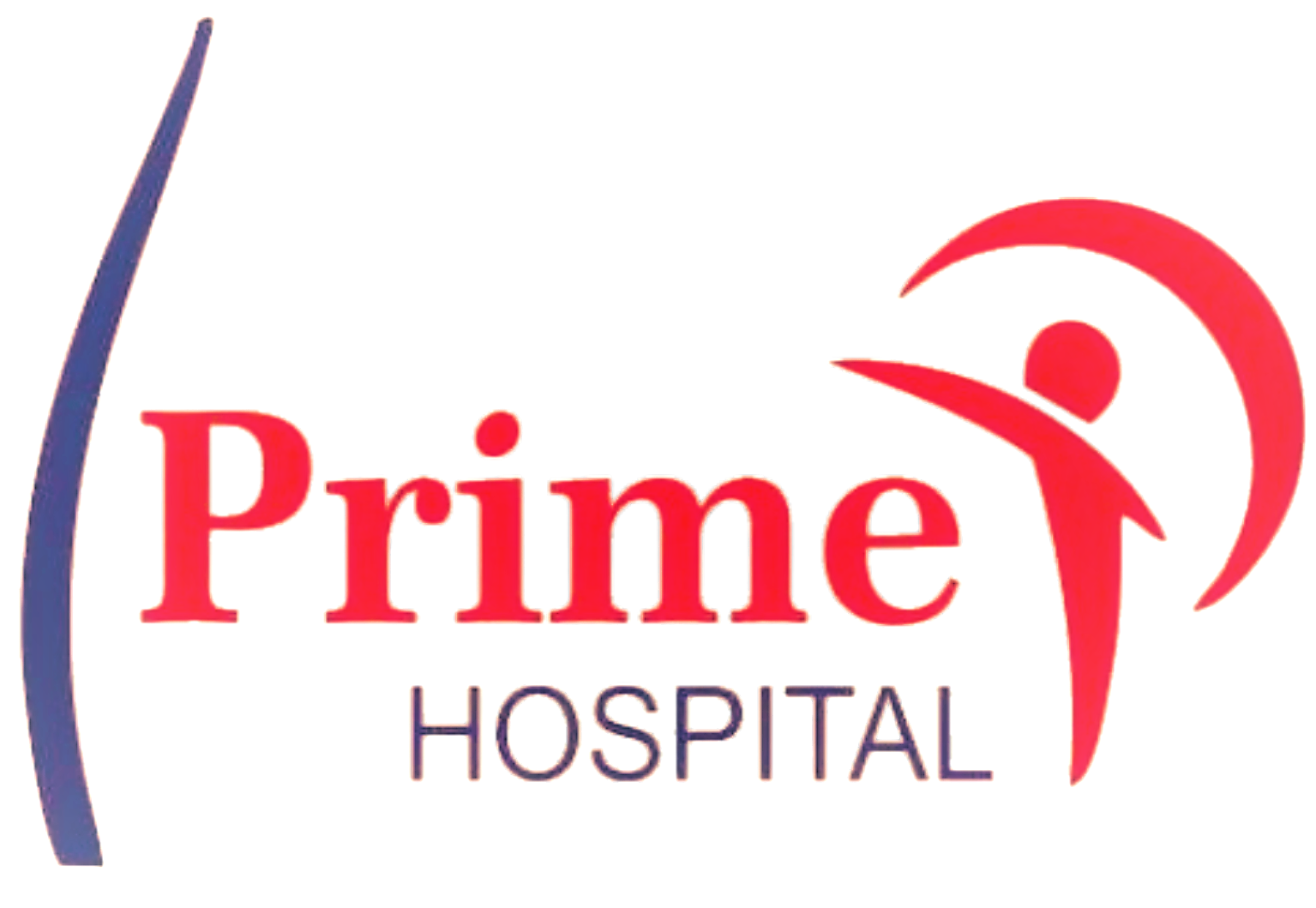
Head Injuries
Important Details about Head Injuries
What is a Head Injury?
A head knock is considered a head injury. It may be minor and only cause a little bump or bruise, or it may be more serious and cause bleeding or concussions or other brain problems. Despite their invisible nature, head injuries can be rather dangerous. They may result in death, a lifelong incapacity, or both. A physician is always required for more serious head injuries.
When should I call an ambulance or go to the emergency department?
Anyone who has had a head injury is someone you should always be very cautious of. Even if the person appears to be in good health, problems may arise in the future. To report a head injury that involved high speeds or a fall of more than one metre, something stuck in the head, difficult-to-stop bleeding, loss of consciousness, drowsiness or lack of response, confusion, disorientation, dazed or shocked, bleeding profusely from the head or face, blood or fluid leaking from the nose or ears, uneven pupil size, blurred vision, weakness in one arm or leg, seizure (fit), or stopping breathing should all be reported to the ambulance service.
What should I do while waiting for an ambulance?
Start CPR if the person is not breathing or showing any indications of circulation. As they might have suffered a spinal injury, if they are conscious, keep them motionless. Assume a comfortable stance, elevating the shoulders and head slightly. Don’t take off their helmet if they are wearing one. Use sterile gauze or a clean rag to apply firm pressure to the wound if it is bleeding. Should you suspect a fractured skull, do not proceed.
What are the symptoms of a Head Injury?
A small head injury might cause nausea, dizziness, a bump or bruise, and a mild headache. It might be a minor brain injury if the person is alert now, engages with you, and is otherwise OK.
Later on, symptoms of a more serious head injury may appear. If the person with the head injury has experienced any of the following symptoms, go to the emergency room right away: vomiting more than once; difficulty speaking, hearing, or seeing; headache that is getting worse or won’t go away with paracetamol; difficulty seeing or hearing; confusion or strange behaviour; difficulty staying awake; pupils that are different sizes, experiences memory loss, dizziness or loss of balance, bleeding or discharge from the nose or ears, seizures or twitches, clumsiness, blurred or double vision, problems swallowing or eating.
Additionally, you ought to visit your physician if you experience any new symptoms or if your level of concern grows.
Are you looking for treatment of Head Injuries? Welcome to Prime hospital in Panipat, where compassionate care meets cutting- edge medical expertise.
What are the causes of Head Injuries?
Car crashes, sports injuries, slips, trips, and falls at home, as well as workplace mishaps including falls or being struck in the head, assaults, and falls, are the leading causes of severe head injuries.
How is a Head Injury treated?
If you’re at home, using an icepack while you sit quietly can help treat mild head injuries. You require a 24-hour (or 48-hour, if you are a youngster or an elderly person) watcher. It is okay to use paracetamol, but not other medications. After a brain injury, staying awake is not necessary. Every four hours, the injured individual needs to be gently roused up to ensure normal response. They ought to visit the closest emergency room if they don’t.
The most crucial course of treatment following a brain injury is total rest, both physically and mentally. This entails abstaining from computer screens, video games, work, and study for a minimum of 24 to 48 hours. Sports should be avoided, and you might need to take a leave of absence from work until you feel better. After a head injury, you should wait at least 24 hours before driving or using any machinery. Your condition will worsen if you use drugs, alcohol, or sleeping medicines. Consult your doctor if you’re unsure.
Can Head Injuries be prevented?
Head injuries can be avoided by wearing seatbelts at all times, using the proper kid restraints, abstaining from alcohol and drugs when operating a vehicle, wearing helmets while riding a bicycle, skiing, or participating in contact sports, preventing falls with enough lighting, and clearing obstacles.
Are there complications of Head Injuries?
After a few days, the majority of people recover from head injuries. But following the event, you might experience a few symptoms, such as persistently mild headaches, light or dizziness sensitivity, balance issues, difficulty focusing, vague or “foggy” feelings, memory loss or forgetfulness, changes in sleep patterns, and extreme exhaustion or lack of energy.
Are you looking for Treatment of Head Injuries? Welcome to Prime hospital in Panipat, where compassionate care meets cutting- edge medical expertise .Discover exceptional healthcare at Prime hospital, Panipat. Our state of art facilities and dedicated team ensure personalized and compassionate care. From routine check-ups to specialized treatments, trust us for excellence in your healthcare journey. Your well-being is our priority at Prime hospital – where health meets heart.
